About EcoAquaponics
Aquaponics is the integration of aquaculture and hydroponics in a reciprocally beneficial water-based system.
Overview
Aquaponics is the integration of aquaculture and hydroponics in a reciprocally beneficial water-based system. This planning encompasses the growth of a variety of fishes, such as goldfish, carp, crappie, tilapia, brim, koi, and bass, as well as plants, such as chives and lettuce. The waste from fish litters that turn into nitrates and ammonia are harmful to the fish but are beneficial for plant growth as they help in supplementing essential required nutrients. This creates an extremely sustainable natural system as natural food is available to aquaculture and plants for growth and productivity.
Wide-variety of cultures are using this source of rearing fish and growing crops for food. Rice paddies in China and Thailand are grown with the focus on development that is based on aquaponic techniques since the last few years.
Modern aquaponics is technologically advanced and is an efficient and effective way of making natural food. Fishes are reared in large tanks, and plants are cultivated hydroponically. They are implanted in beds with a little gravel or clay, and their roots hang down into the water.
The water is cycled through the system so that it collects the residual waste from the fish; then it is pumped to the plant beds, where it is gutted naturally by the plants and can then be returned to the fish tanks.
Investments in commercially large-scale aquaponics projects are growing due to booming organic and natural food market and increasing urban farming techniques. Aquaponics market is relatively fragmented with the presence of few players at country level and lack of regional and global companies.
The Problem
Our current industrial food system is unsustainable. Demand for food continues to grow while soil erosion, groundwater depletion and climate change are constricting supply. In addition, intensive use of synthetic fertilizers, pesticides, water, fossil fuels, and genetic engineering are eroding human, community, and environmental health. The rise of local, sustainable food systems present solutions to many of these problems, but these approaches are unable to consistently provide quality food on an annual basis.
The Solution
The rise of local, sustainable food systems presents solutions to many environmental and social problems, but most are unable to provide consistent supply on an annual basis.
Aquaponics holds the promise of solving this fundamental annual supply problem while requiring far less land, water, energy, fertilizer, pesticide, and herbicide inputs than conventional farming.
EcoAquaponics aquaponic facility designed to serve as a research, educational, and proof of concept system that has been operational for two years. It was designed to serve as a small, inexpensive, efficient, and economically viable model of aquaponic production to be replicated and scaled in an effort to strengthen local and sustainable food systems.
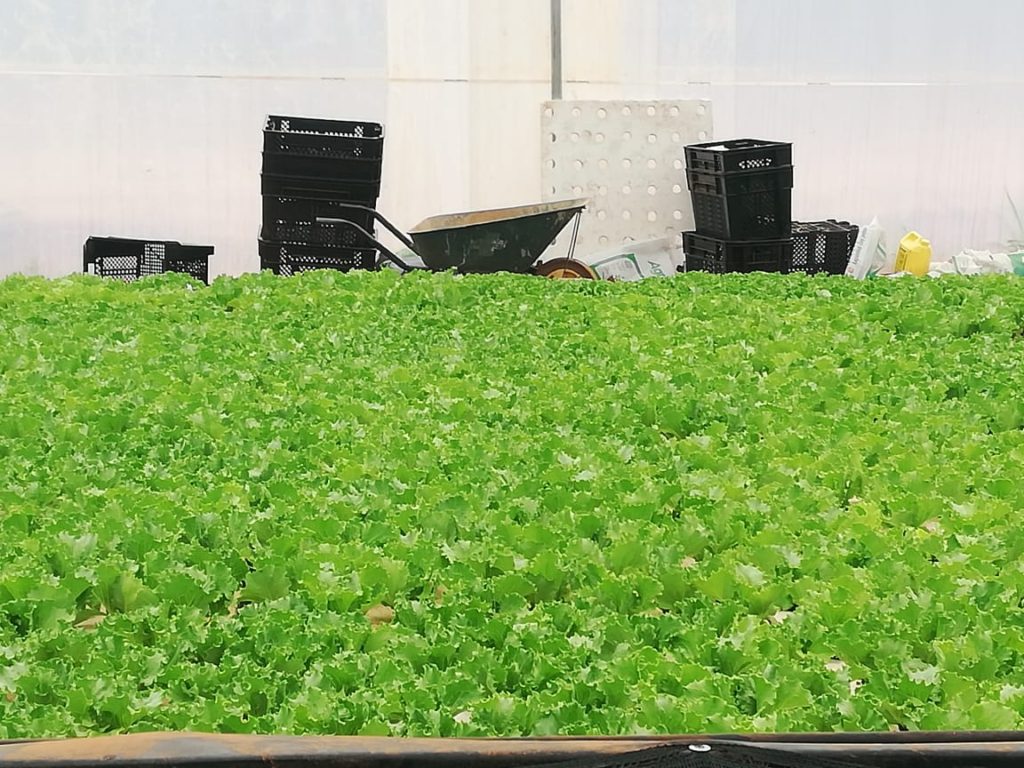
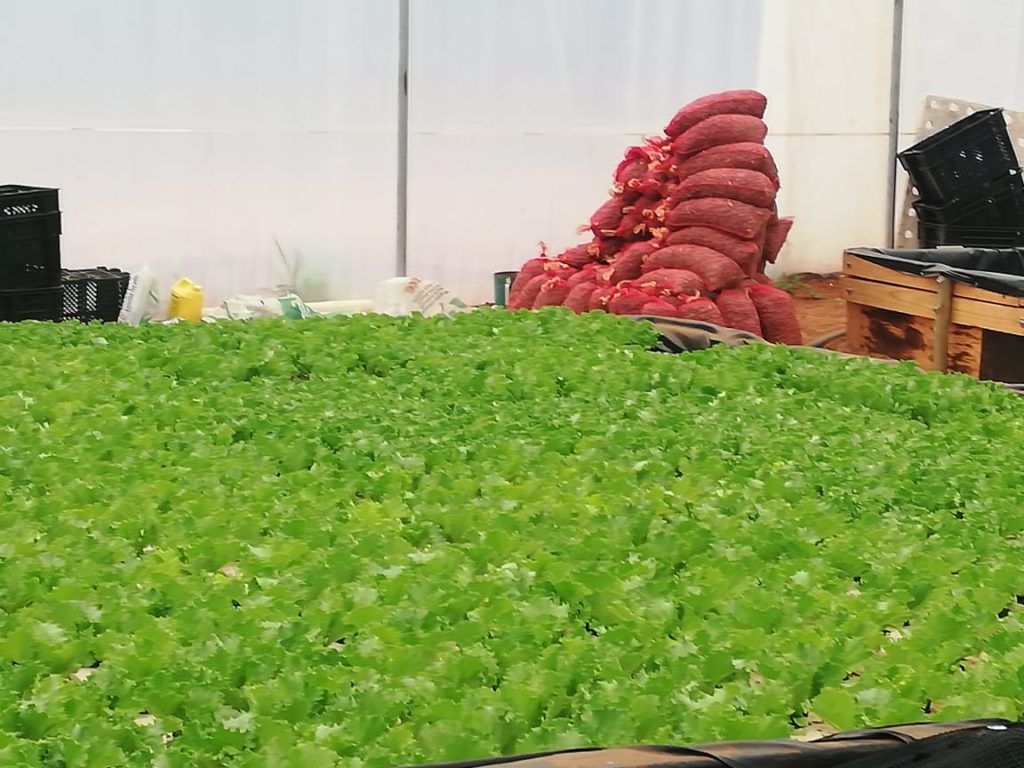
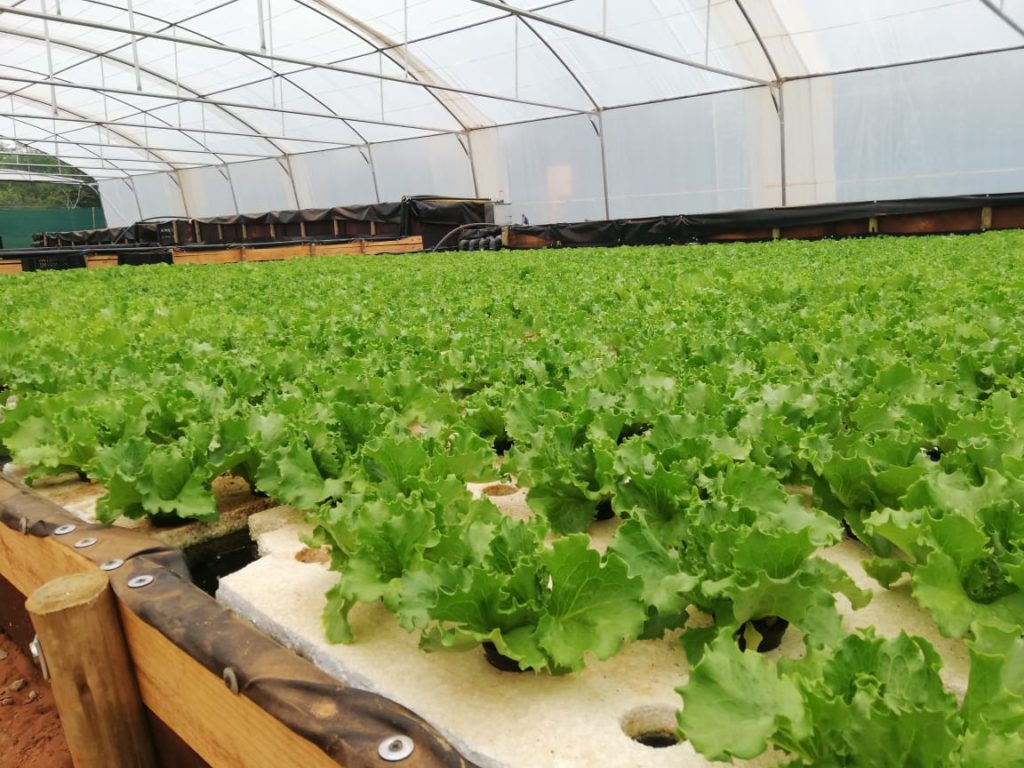
Investments in agriculture are the best weapons against hunger and poverty, and they have made life better for billions of people.
Bill and Melinda Gates Foundation
Market Overview
The South African population is forecast to grow to 83 million by 2035. Food production or imports must more than double to feed the expanding population, and production needs to increase using the same or fewer natural resources. Declining farming profitability and water scarcity (drought, declining rainfall or over-demand for water) has left South Africa with less than two-thirds of the number of farms it had in the early 1990s, further compounding the problem. Currently, the agriculture sector contributes 2,5% to South Africa’s GDP, equating to approximately R160 billion annually.
With a growing population needing more food, and greater limits being placed on existing, traditional farms, the opportunity for aquaponic farms that use less resource to produce higher yields is immense.
Revenue Model
EcoAquaponics’s revenue model is relatively simple, producing vegetables, salad and fish and selling this produce to food manufacturers, retailers and the hospitality sector.
EcoAquaponics’s aquaponics farming methods enable us to produce bigger yields in shorter timeframes and at a lower cost, generating higher profits and returns than traditional farming methods.

Meet the Team
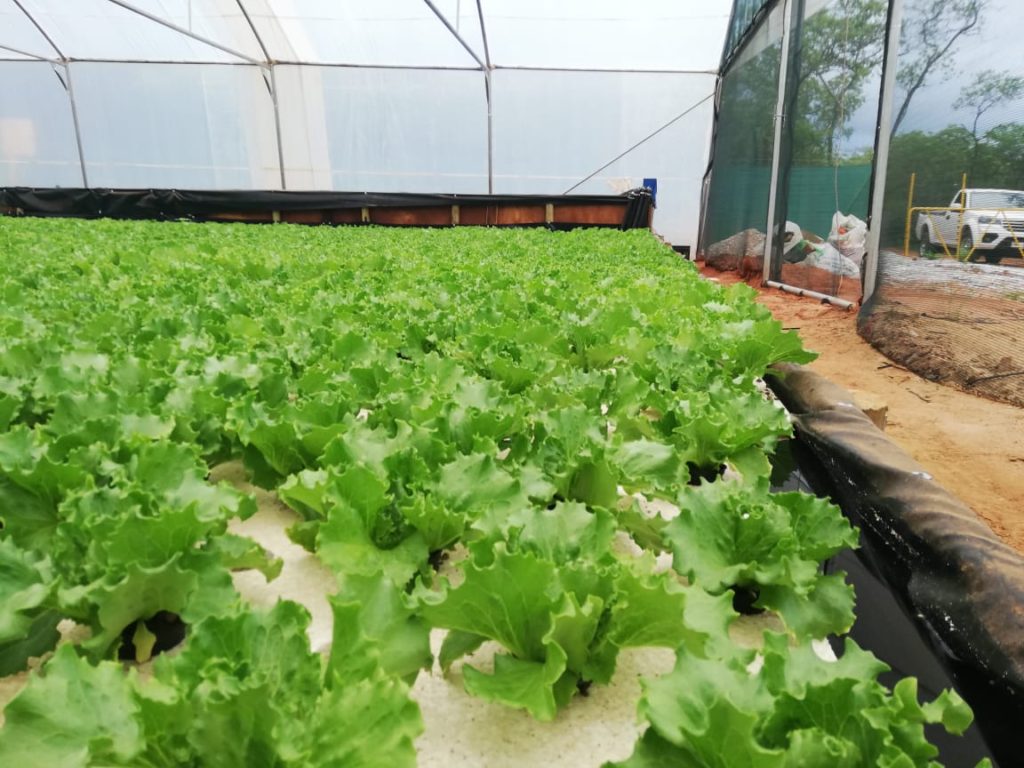
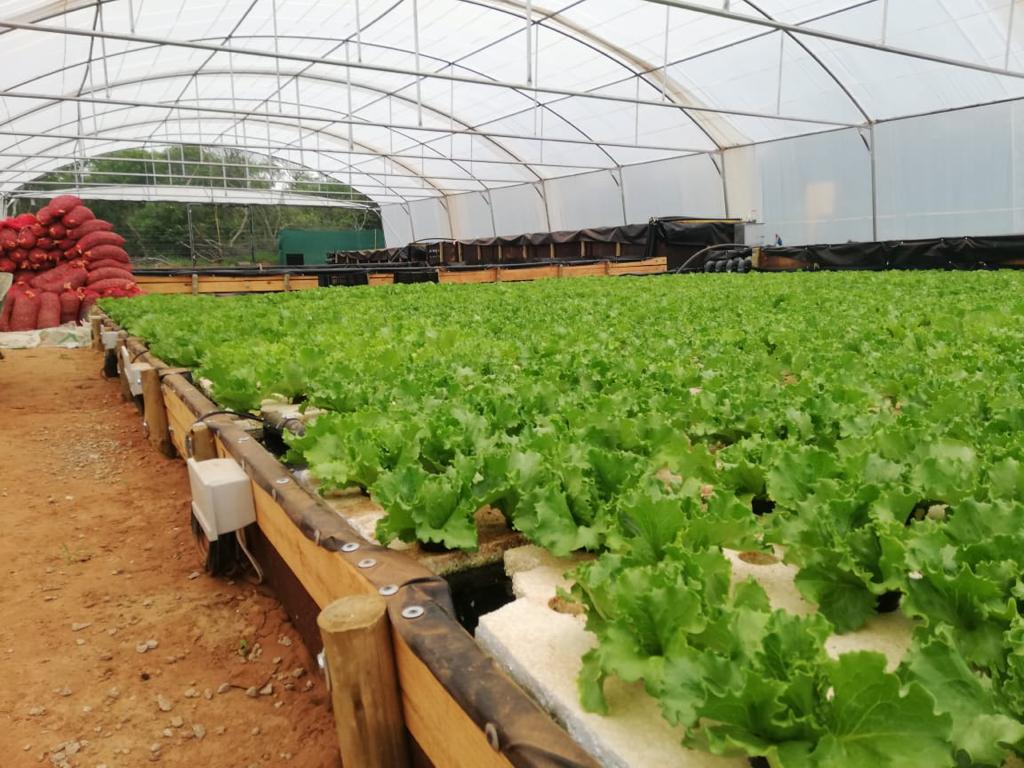
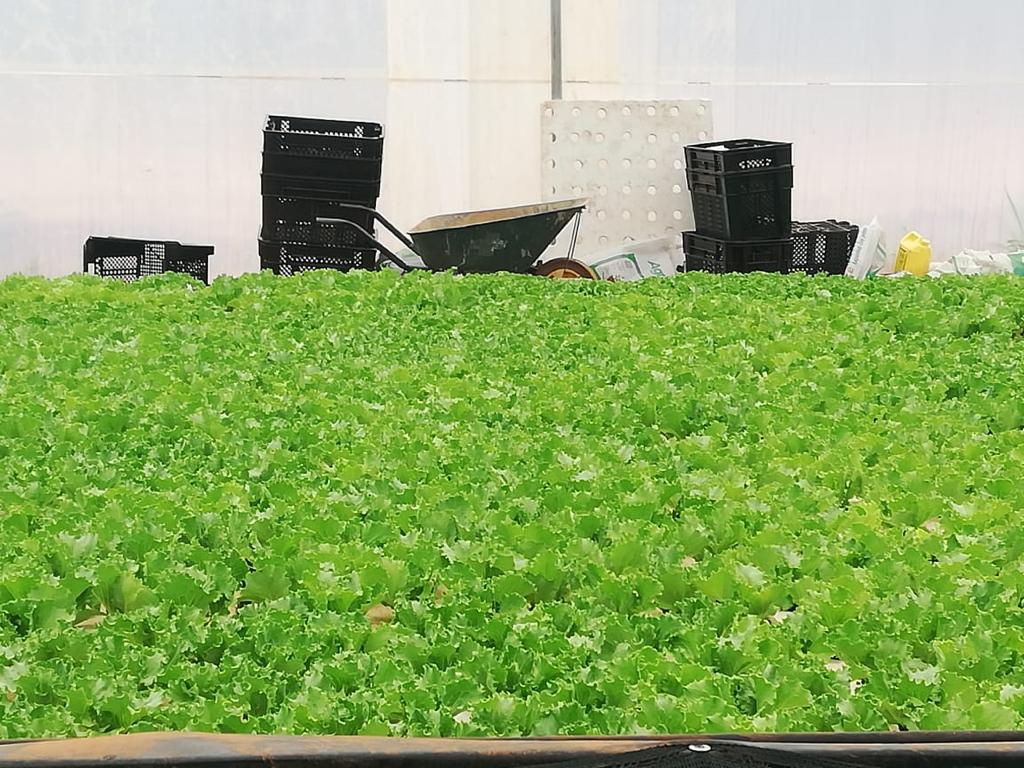
Business Overview
The strategy of the Aquaponics Project is anchored on the following:
- Building of expertise and specialization on few lines of fresh produce
- Building a high value brand by producing quality produce and adhering to good agricultural practices and local and global industry standards
- Caring for natural resources that include the soil and water
- Water management the Aquaponics project only uses 10% the amount of water that a normal vegetable farm will use in the same time frame
- Becoming employer of choice by developing and caring for our human capital
- Skills development
- Mechanical maintenance
- Solar technical support & maintenance
- Fish filleting
- Transfer quality assurance principles
- Managerial skills
- Creating a system where new farms and the project farm can sell their produce and fish through the network utilizing international standards of quality
Aquaponics Project
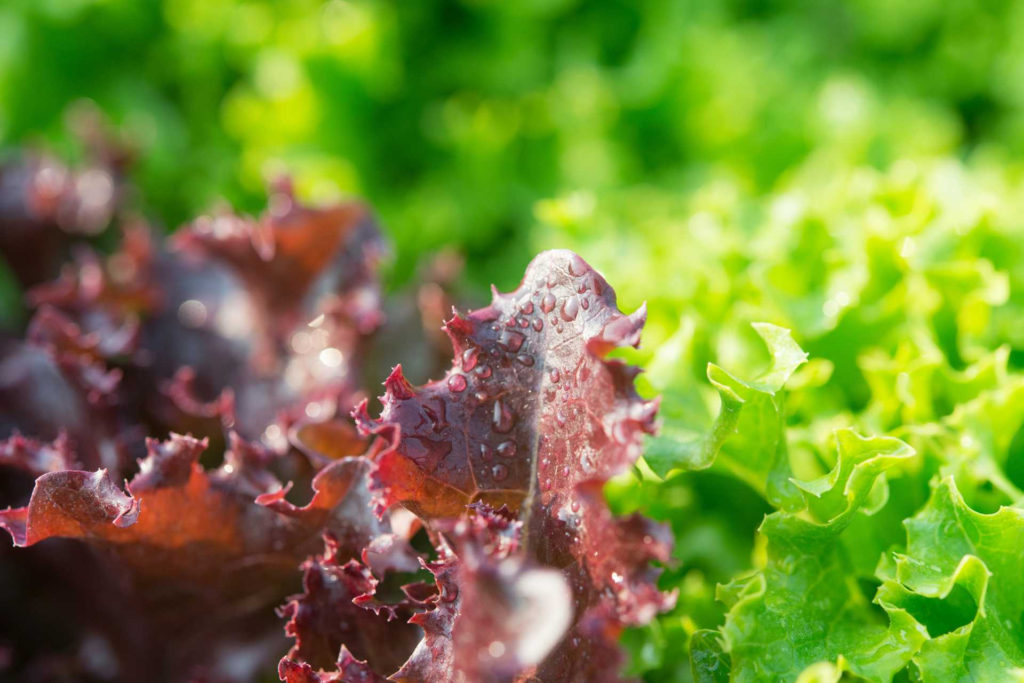
EcoAquaponics Pilot Project
Buiskop farm in the Bela Bela Municipality
Aquaponics is a sustainable organic food production system that combines an aquaculture with hydroponics in a symbiotic environment.